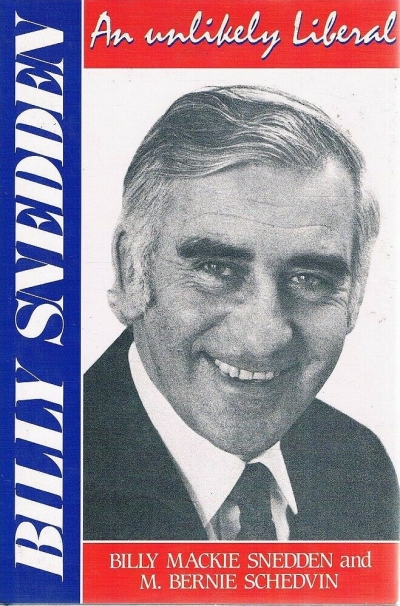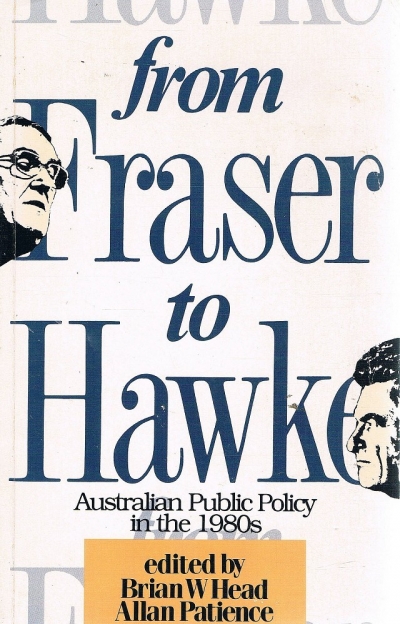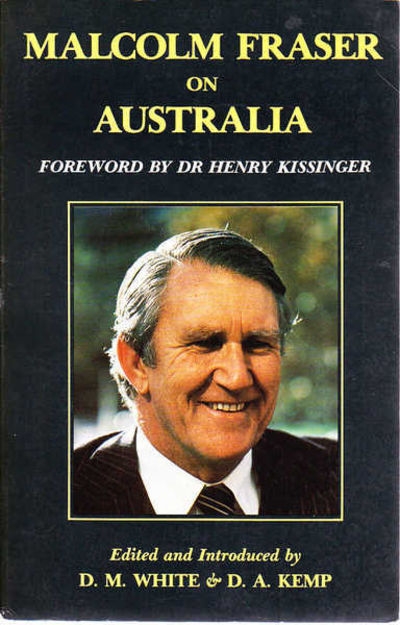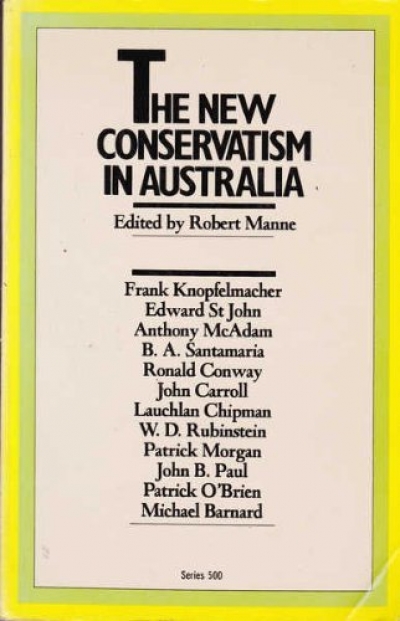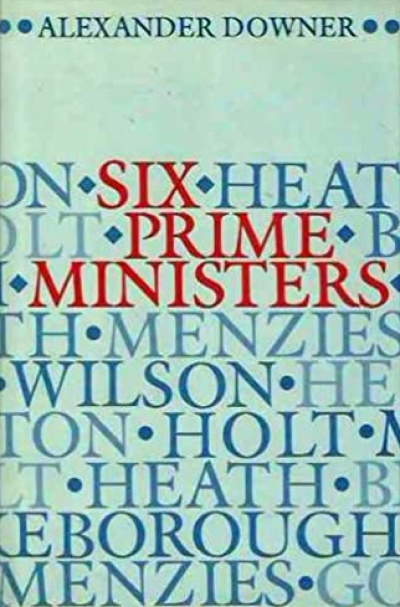Australian Politics
Ross Fitzgerald reviews 'Billy Snedden: An unlikely Liberal' by Billy Mackie Snedden and M. Bernie Schedvin
Neither a conventional biography nor an autobiography, Billy Snedden is a story told in two quite distinct and authentic voices. There is that of the late Sir Billy Snedden, Liberal Party leader from 1972 to 1975, and Dr Bernie Schedvin, lecturer in politics at La Trobe University.
... (read more)From Fraser to Hawke by Brian Head and Allan Patience & The Hawke–Keating Hijack by Dean Jaensch
Malcolm Fraser On Australia edited by D.M. White and D.A. Kemp
The Ministers’ Minders: Personal advisers in national government by James Walter
George Munster reviews 'The Things We Did Last Summer' by Bob Ellis, '31 Days to Power' by Robert Haupt with Michelle Grattan, 'Time of Testing' by Craig McGregor, and 'Gamble for Power' by Anne Summers
‘In fifty years’ time,’ Robert Haupt and Michelle Grattan write in 31 Days to Power. ‘historians will look at the 1983 elections, see that inflation, unemployment and interest rates were at high levels compared to the past, and conclude that Fraser could never have won’.
... (read more)Beatrice and Sydney Webb are still alive, though failing. At least, that is the impression one gets from these five pamphlets, which mark the resurrection of the Victorian Fabian Society since 1980, after temporarily shaking off the mortal after coil.
... (read more)
